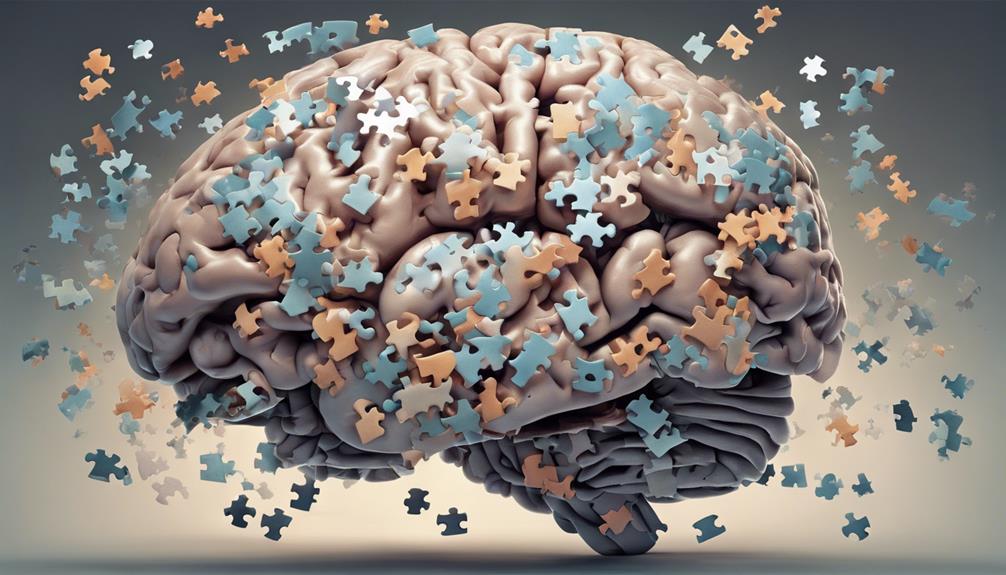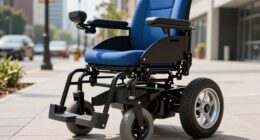As we explore the complex world of Alzheimer’s logos, it is clear that these visual symbols are crucial in understanding the various complexities associated with cognitive functions.
The impact of these logos on visual recognition is profound, leading us to question the very essence of memory and perception.
Join us as we explore the challenges faced in logo recognition, the cognitive implications that arise, and delve into the emotional responses evoked by these seemingly simple yet powerful symbols.
Key Takeaways
- Neural network disruption impacts logo recognition.
- Memory association strategies aid logo recall.
- Caregivers play crucial role in logo identification.
- Design considerations for Alzheimer logos enhance recognition.
Understanding Alzheimer Logos
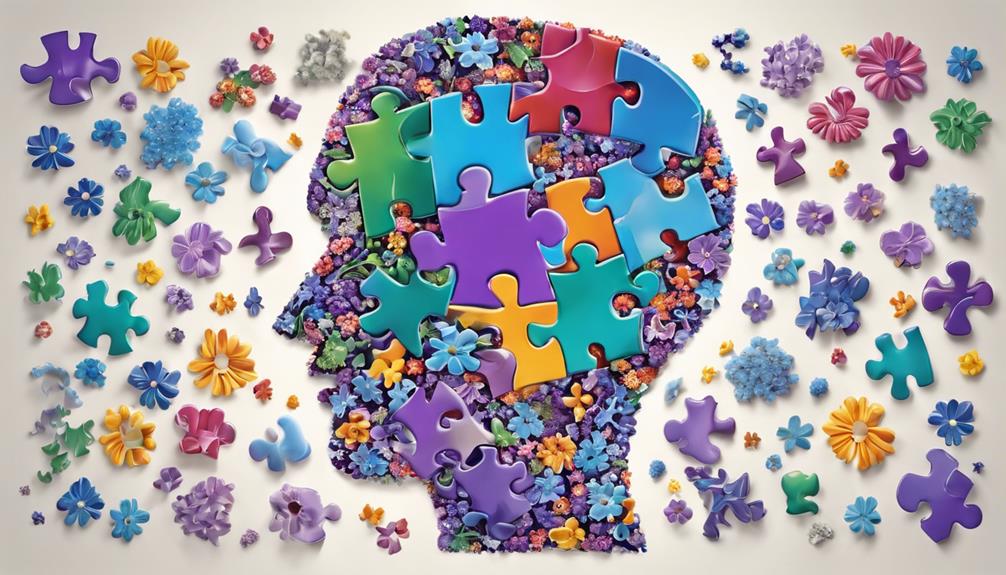
In studying Alzheimer logos, we aim to decipher the intricate connections between neural networks and cognitive functions. The progression of Alzheimer’s disease disrupts the normal functioning of the brain, leading to a decline in memory, thinking skills, and eventually the ability to carry out simple tasks. Understanding these changes is crucial in developing effective interventions and treatments to help those affected by this devastating condition.
Alzheimer logos are characterized by the accumulation of abnormal proteins in the brain, such as beta-amyloid plaques and tau tangles, which interfere with communication between neurons. This disruption in neural networks impairs cognitive functions, including memory, language, and decision-making abilities. As these logos spread throughout the brain, they contribute to the widespread damage and loss of neurons, further exacerbating the symptoms of Alzheimer’s disease.
Impact on Visual Recognition

Visual memory impairment in Alzheimer’s disease leads to a decline in the ability to recognize familiar faces, objects, and symbols. This difficulty in recognition typically progresses as the disease advances, impacting the individual’s daily functioning and quality of life.
Understanding this progression is crucial in developing effective interventions and support strategies for individuals affected by Alzheimer’s disease.
Visual Memory Impairment
With regards to the impact on visual recognition, memory impairment in the visual domain significantly hampers the ability to accurately identify and recall visual stimuli. This impairment affects the brain’s capacity to process and store visual information, leading to difficulties in recognizing familiar faces, objects, and surroundings.
Individuals may struggle to distinguish between similar objects or remember previously encountered visual patterns. Visual memory impairment can manifest as challenges in spatial orientation, facial recognition, and object identification. It impedes daily tasks such as reading, navigating familiar places, and recognizing common items.
Understanding these challenges is crucial for providing tailored support and interventions to individuals experiencing visual memory impairment, enhancing their quality of life and overall well-being.
Recognition Difficulty Progression
The progression of recognition difficulty in individuals with visual memory impairment reveals a gradual decline in the ability to accurately identify and recall visual stimuli over time. As the disease advances, the challenges in recognizing familiar faces, objects, and symbols become more pronounced, impacting daily functioning. Below is a table illustrating the typical progression of recognition difficulty in individuals with visual memory impairment:
| Stage | Characteristics |
|---|---|
| Early | Occasional lapses in recognition |
| Mild | Difficulty recognizing common objects |
| Moderate | Struggles with identifying familiar faces |
| Severe | Inability to recognize close family members |
| Advanced | Complete loss of ability to recognize surroundings |
Logo Recognition Challenges

When facing Alzheimer’s disease, individuals often encounter challenges in recognizing familiar logos due to memory impairments.
These difficulties stem from the visual recognition impairments commonly associated with the condition.
As a result, individuals may struggle to accurately identify and recall logos, impacting their ability to interact with familiar brands and products.
Memory and Logos
Logo recognition challenges present intriguing obstacles in the realm of memory and brand identification. When it comes to memory and logos, several factors come into play:
- Emotional Connection: Brand logos that evoke strong emotions are more likely to be remembered as our brains tend to prioritize emotional information.
- Repetition: The frequency of exposure to a logo can significantly impact its memorability. Repetition helps reinforce neural connections associated with that logo.
- Simplicity and Distinctiveness: Logos that are simple and easily distinguishable from others are more likely to be stored in memory due to the brain’s preference for clear, distinct patterns.
Understanding these aspects of memory and logos can aid in designing more memorable and effective brand identities.
Visual Recognition Difficulties
In the realm of visual recognition difficulties, challenges in logo recognition arise due to the intricate nature of cognitive processing and perceptual mechanisms.
When individuals encounter logos, the brain must rapidly process the visual information, match it with stored representations, and retrieve associated meanings. For those facing cognitive impairments like Alzheimer’s disease, these processes can become disrupted, leading to difficulties in recognizing familiar logos.
The intricate details, colors, and shapes that constitute a logo may no longer trigger the expected associations, causing confusion or complete failure in identification.
Understanding these challenges is crucial in designing interventions and support strategies for individuals with visual recognition difficulties, ensuring they can navigate the world with greater ease and confidence.
Cognitive Implications of Alzheimer Logos
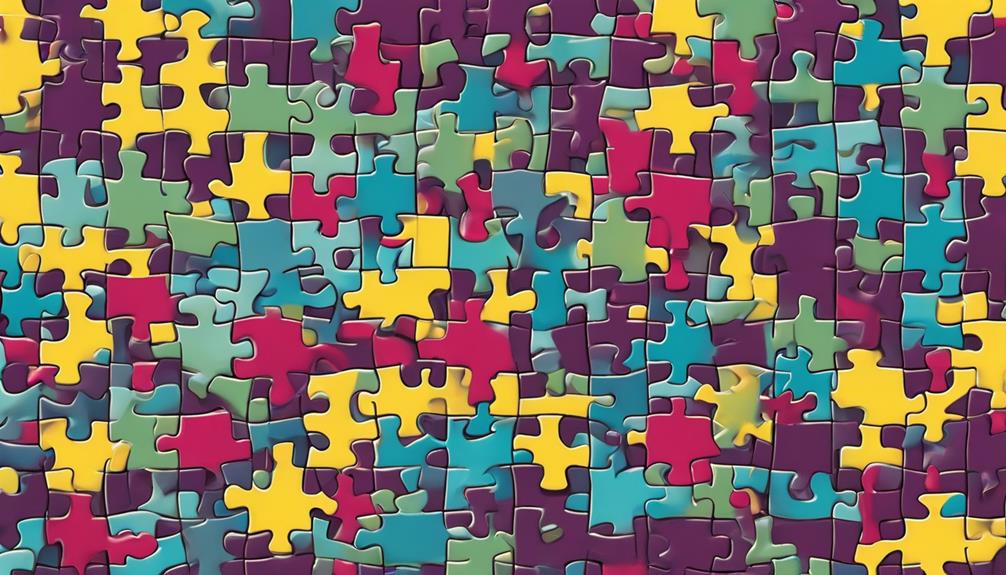
Examining the cognitive implications of Alzheimer logos reveals a complex interplay between memory, language, and executive functions. When individuals with Alzheimer’s disease encounter logos, several cognitive processes are engaged, leading to various outcomes.
- Memory Retrieval: Individuals may struggle to recall familiar logos due to deficits in episodic memory. Retrieving memories associated with logos becomes challenging, impacting their ability to recognize and identify brands or organizations.
- Language Processing: Difficulties in semantic memory affect the interpretation of logos. Language impairments can hinder the comprehension of words or symbols within logos, leading to confusion or misinterpretation of the intended message.
- Executive Functioning: Impairments in executive functions, such as problem-solving and decision-making, can influence logo recognition. Individuals may find it hard to connect the visual information in logos with their stored knowledge, affecting their ability to make associations and draw conclusions.
Understanding these cognitive implications is crucial for designing interventions that support individuals with Alzheimer’s disease in navigating the challenges associated with logo recognition.
Emotional Responses to Logo Recognition
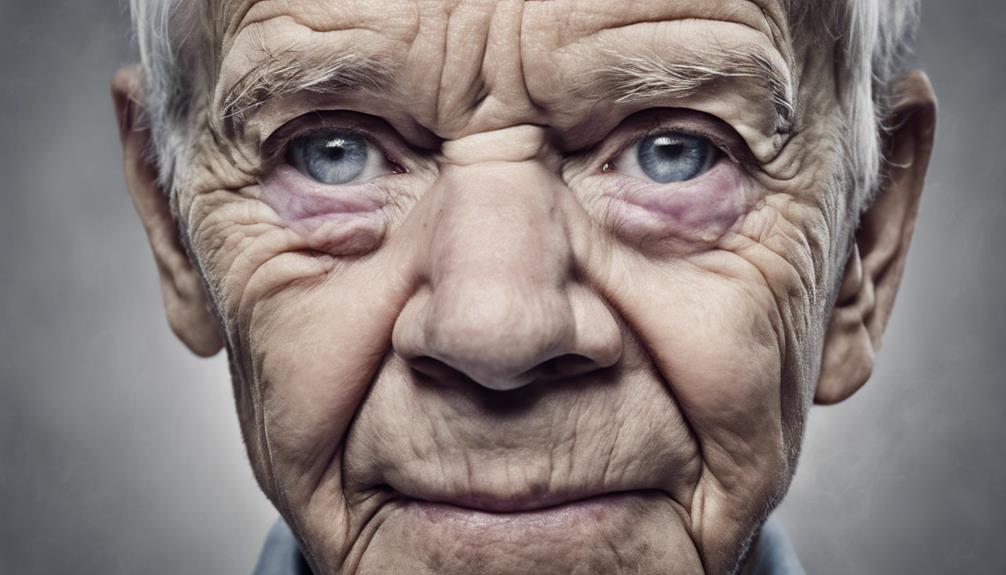
Upon encountering logos, individuals with Alzheimer’s disease exhibit a range of distinct emotional responses that provide valuable insights into their cognitive processing. These responses can vary from feelings of familiarity and comfort to confusion and distress. Recognition of familiar logos may evoke a sense of reassurance and connection to past experiences, triggering positive emotions such as happiness or nostalgia. Conversely, encountering unfamiliar logos can lead to feelings of disorientation and frustration, highlighting the challenges individuals with Alzheimer’s face in processing new information.
Some individuals may also display heightened emotional reactions, such as anxiety or agitation, when exposed to logos that evoke strong memories or associations. These emotional responses can serve as indicators of the individual’s cognitive state and may influence their overall well-being. Understanding the emotional impact of logo recognition in Alzheimer’s patients is crucial for caregivers and healthcare professionals to provide appropriate support and interventions tailored to the individual’s needs.
Logos as Memory Triggers
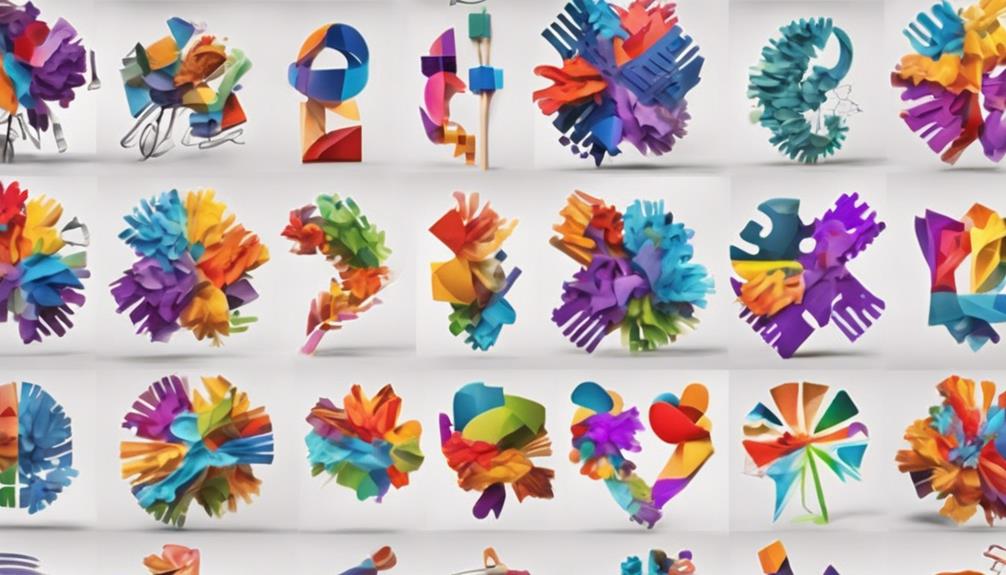
As we analyze logo recall techniques within the context of memory association strategies, it becomes evident that logos serve as potent memory triggers. These triggers are designed to evoke specific memories or emotions through visual and cognitive stimuli.
Understanding the intricate relationship between logos and memory can provide valuable insights into optimizing memory retention and retrieval processes.
Logo Recall Techniques
We’ll delve into how logos can serve as powerful memory triggers through effective recall techniques.
- Repetition: Repeated exposure to a logo enhances memory retention by reinforcing neural connections associated with that specific visual stimulus.
- Association: Linking a logo to personal experiences or emotions can create a strong mnemonic link, aiding in easier recall when needed.
- Visual Imagery: Utilizing vivid and distinctive visual elements within a logo can stimulate the brain’s visual cortex, facilitating better retention and recall of the associated information.
These logo recall techniques leverage cognitive processes to enhance memory consolidation and retrieval, offering potential benefits in aiding individuals with memory-related challenges.
Memory Association Strategies
Utilizing logos as memory triggers involves implementing strategic memory association strategies to enhance retention and recall efficiency. By linking logos to specific memories or information, individuals can create cognitive connections that aid in retrieving stored data. These memory association techniques capitalize on the brain’s ability to form associations between visual stimuli and information, aiding in the recall process.
Through targeted repetition and reinforcement, these strategies strengthen neural pathways associated with memory retrieval, facilitating easier access to stored information. Employing mnemonic devices, such as acronyms or visualization techniques, further enhances the effectiveness of memory association strategies. By incorporating these methods into daily routines, individuals can optimize their cognitive processes, aiding in memory retention and recall for improved overall cognitive function.
Coping Strategies for Alzheimer Logos
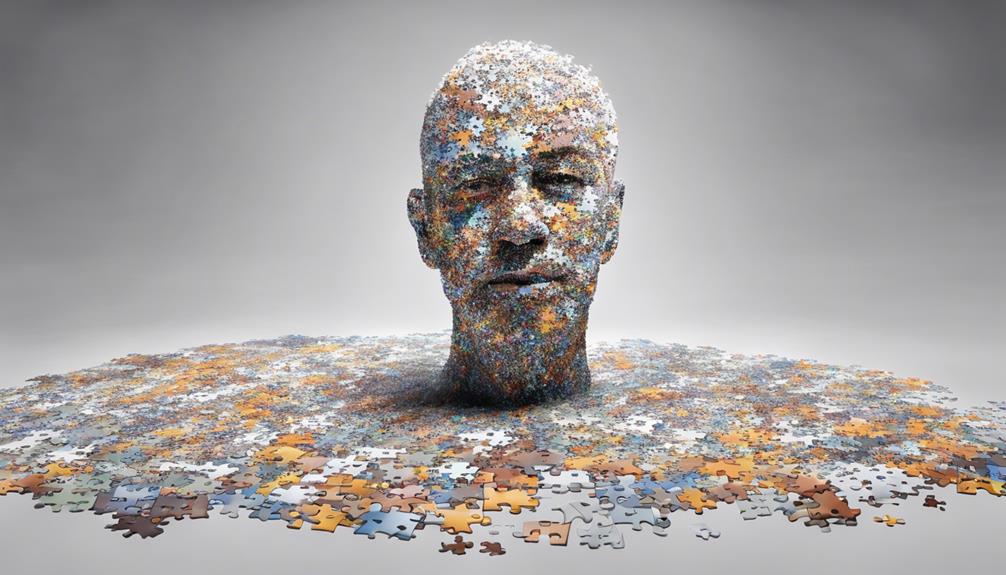
Implementing structured routines can significantly aid in managing the challenges posed by Alzheimer Logos. By establishing consistent patterns and activities, individuals experiencing Alzheimer Logos can feel more grounded and supported.
Here are three key coping strategies that can be beneficial:
- Daily Schedule: Creating a daily routine with set times for meals, medication, exercise, and rest can provide a sense of predictability and stability. This structured approach helps individuals navigate their day with less confusion and anxiety.
- Visual Aids: Using visual cues such as calendars, clocks, and labeled drawers can assist in promoting independence and reducing cognitive load. These aids serve as reminders and prompts for tasks and activities, enhancing the individual’s ability to function effectively.
- Engagement in Familiar Activities: Encouraging participation in activities that were once enjoyable and familiar can evoke positive memories and emotions. Engaging in hobbies, music, or simple tasks can stimulate cognitive function and foster connections with past experiences, promoting a sense of comfort and well-being.
Role of Caregivers in Logo Recognition

In the context of managing Alzheimer Logos, caregivers play a crucial role in facilitating logo recognition for individuals experiencing cognitive challenges. Caregivers provide essential support by assisting individuals in identifying and interpreting logos, which can help maintain a sense of familiarity and connection to the world around them. Through consistent exposure to familiar logos and repetitive practice, caregivers can aid in strengthening memory pathways and improving recognition skills in individuals with Alzheimer’s or related conditions.
Caregivers should employ strategies such as using visual aids, verbal cues, and positive reinforcement to enhance logo recognition. Creating a structured environment where logos are prominently displayed and consistently reinforced can contribute to the individual’s ability to recall and identify them accurately. Additionally, caregivers should remain patient, understanding, and responsive to the unique needs and challenges of each individual when assisting with logo recognition tasks.
Social Isolation and Logo Confusion

Social isolation can significantly impact individuals with Alzheimer’s, leading to heightened confusion when trying to recognize logos. The challenges in logo recognition are exacerbated by the lack of social interaction, which plays a crucial role in cognitive stimulation.
Understanding how isolation influences logo confusion is vital for developing effective strategies to support individuals with Alzheimer’s in logo recognition tasks.
Impact of Isolation
The impact of isolation on individuals with Alzheimer’s disease extends beyond just social withdrawal, encompassing challenges like confusion with logos. This confusion can lead to heightened frustration and further social disconnection.
To better understand the implications of this phenomenon, consider the following:
- Cognitive Overload: Isolation coupled with logo confusion can overwhelm individuals, making it harder for them to process information and engage in daily activities.
- Increased Dependency: The inability to recognize familiar logos may result in heightened dependency on caregivers for basic tasks and decisions.
- Emotional Distress: Logo confusion can evoke feelings of inadequacy and distress, impacting the individual’s emotional well-being and overall quality of life.
Logo Recognition Challenges
Amidst the complexities of Alzheimer’s disease, individuals facing logo recognition challenges due to social isolation may experience heightened cognitive distress. Social isolation can exacerbate memory impairments and hinder the ability to recognize familiar logos, leading to increased frustration and confusion.
This difficulty in logo recognition can further isolate individuals from their environment, affecting their sense of connection and independence. Moreover, the overlap between logo confusion and social isolation underscores the importance of tailored interventions that address both cognitive and social aspects of Alzheimer’s disease.
Providing support through personalized memory aids, social engagement programs, and cognitive therapies can help mitigate the impact of logo recognition challenges, enhancing the overall well-being and quality of life for individuals living with Alzheimer’s.
Public Awareness and Alzheimer Logos
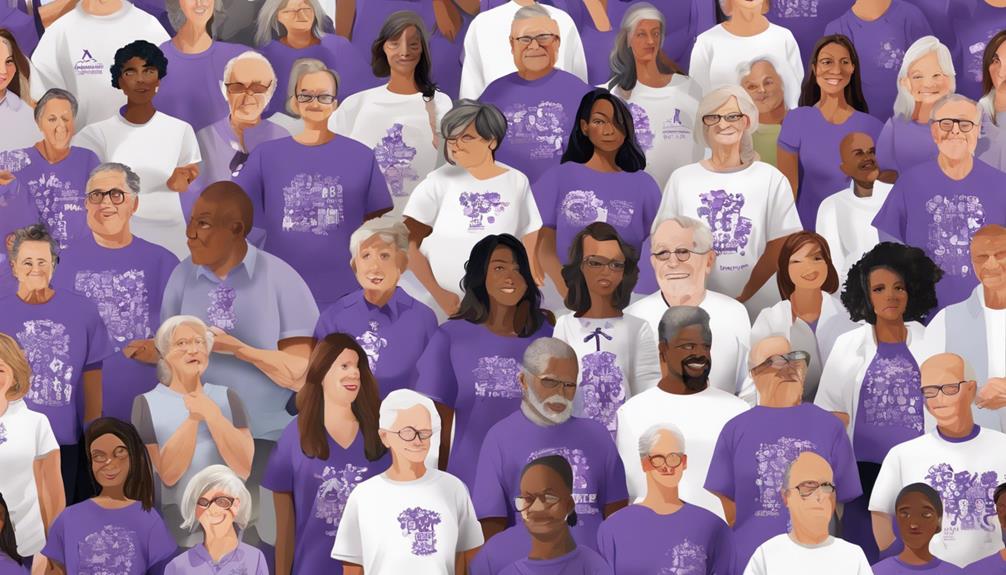
In efforts to enhance public awareness of Alzheimer’s disease, utilizing effective logos plays a crucial role. These logos serve as visual representations that can evoke emotions, convey important messages, and create lasting impressions.
Here are three key points to consider regarding public awareness and Alzheimer logos:
- Symbolism: Alzheimer logos should incorporate symbols that resonate with the audience, such as brain imagery or puzzle pieces, to create immediate recognition and association with the disease.
- Color Psychology: The selection of colors in Alzheimer logos is vital, as certain colors can evoke specific emotions and associations. Utilizing calming and soothing colors can help create a sense of comfort and support for individuals affected by Alzheimer’s.
- Clarity and Simplicity: Alzheimer logos should be clear, simple, and easy to comprehend at a glance. Avoiding complex designs and clutter ensures that the message is effectively communicated to a wide range of audiences, including those with cognitive impairments.
Designing for Alzheimer Logos
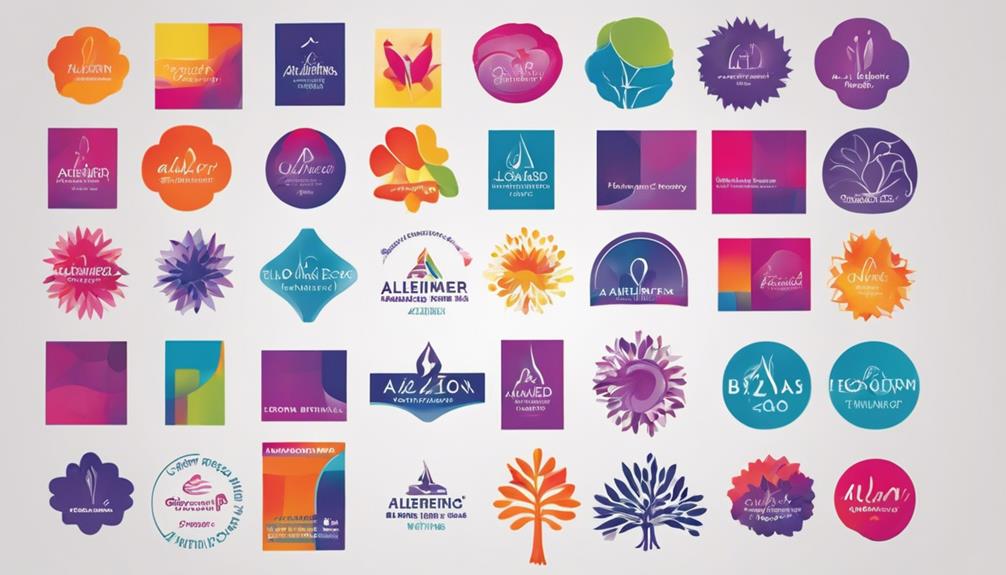
To effectively design Alzheimer logos, one must carefully consider how to visually convey the essence of the disease while maintaining simplicity and clarity. When creating logos for Alzheimer’s awareness, it is crucial to evoke emotions of empathy, understanding, and support. Using colors, shapes, and symbols that resonate with the audience can enhance recognition and trigger the desired response.
| Elements | Description |
|---|---|
| Color Palette | Soft hues to signify |
| calmness and serenity | |
| Symbolism | Brain icons for |
| cognitive association | |
| Typography | Clear, easy-to-read |
| fonts for legibility | |
| Layout | Organized and uncluttered |
| design for simplicity |
Support Services for Logo Recognition
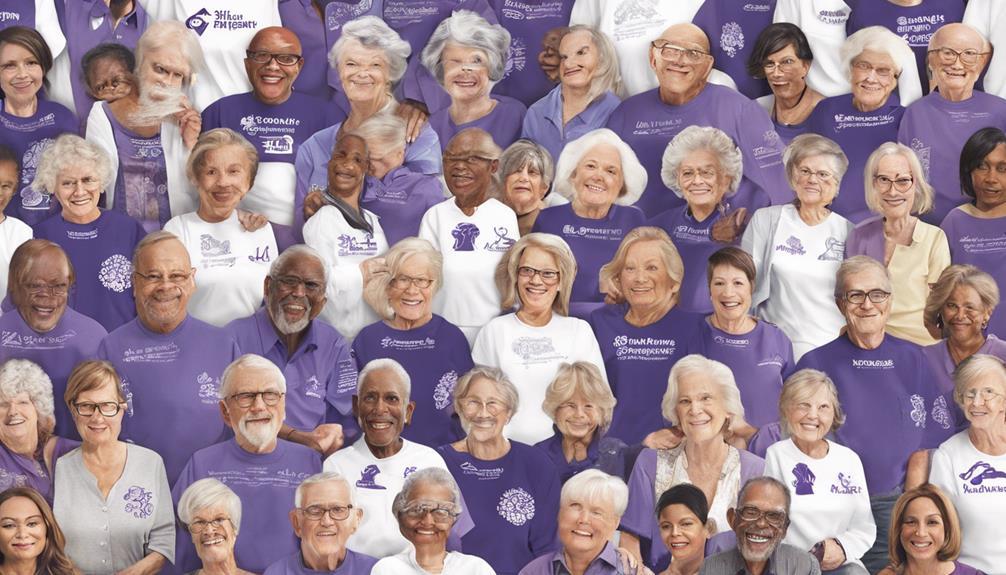
Support services play a vital role in facilitating the recognition of logos related to Alzheimer’s disease. These services are essential in helping individuals affected by Alzheimer’s to navigate their surroundings and maintain a sense of independence.
Here are three key elements that support services provide to aid in logo recognition:
- Structured Training Programs: Support services offer structured training programs that focus on enhancing cognitive skills and memory retention. These programs are designed to help individuals with Alzheimer’s disease improve their ability to recognize familiar logos and symbols, thus promoting a sense of familiarity and security.
- Visual Aids and Memory Tools: Support services often provide visual aids and memory tools to assist individuals in recognizing logos associated with Alzheimer’s disease. These tools may include picture cards, memory games, and other visual aids that help stimulate memory recall and improve logo recognition.
- Individualized Support Plans: Support services develop individualized support plans tailored to the specific needs of each person with Alzheimer’s. These plans may include strategies for logo recognition, memory enhancement techniques, and personalized assistance to promote independence and improve quality of life.
Research Insights on Alzheimer Logos
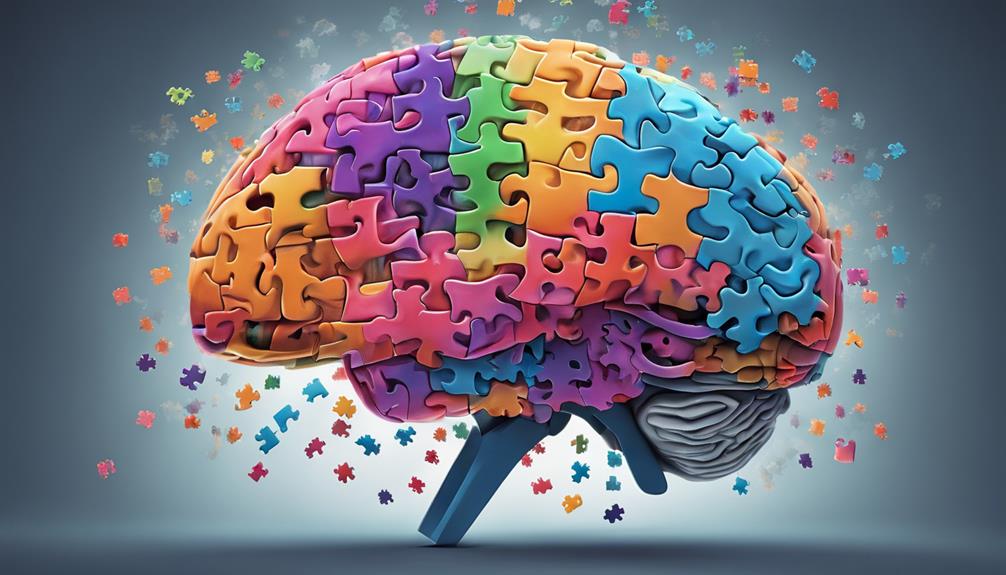
Research insights on Alzheimer logos reveal a correlation between logo recognition abilities and cognitive decline progression in individuals with Alzheimer’s disease. Studies indicate that the ability to recognize well-known logos diminishes as Alzheimer’s disease advances. This decline in logo recognition can serve as an early marker of cognitive impairment, aiding in the timely diagnosis and intervention for affected individuals.
Furthermore, research suggests that the brain regions responsible for processing visual information, such as the hippocampus and temporal lobes, are significantly impacted in Alzheimer’s patients, affecting their logo recognition abilities. By understanding the neural mechanisms underlying logo recognition impairments, researchers can develop more targeted interventions to support cognitive function in individuals with Alzheimer’s disease.
Advocacy for Alzheimer Logo Awareness

As we examine the correlation between logo recognition abilities and cognitive decline in Alzheimer’s disease, advocating for Alzheimer logo awareness becomes increasingly crucial. Recognizing the significance of logo recognition difficulties in individuals with Alzheimer’s, we emphasize the importance of creating awareness about this issue.
To effectively advocate for Alzheimer logo awareness, we must:
- Educate: Providing information about the relationship between Alzheimer’s disease and logo recognition can help increase understanding and empathy towards individuals affected by this condition.
- Promote Training: Encouraging healthcare professionals, caregivers, and the general public to undergo training on recognizing and supporting individuals with Alzheimer’s who may struggle with logo identification can significantly improve their quality of life.
- Raise Public Awareness: Initiating campaigns, workshops, and educational programs aimed at raising public awareness about Alzheimer logo awareness can help reduce stigma, enhance support systems, and foster a more inclusive society for those living with Alzheimer’s disease.
Frequently Asked Questions
How Do Alzheimer Logos Affect the Brain’s Ability to Process Visual Information?
When Alzheimer logos impact the brain’s ability to process visual information, it can lead to difficulties in recognizing objects, faces, or interpreting visual stimuli. This impairment can affect daily functioning and independence.
As we study this phenomenon, we aim to understand the underlying mechanisms and develop interventions to support individuals experiencing these challenges. By investigating how Alzheimer logos alter visual processing, we strive to enhance quality of life for those affected by this condition.
Can Alzheimer Logos Trigger Specific Memories or Emotions in Individuals With the Disease?
When individuals with Alzheimer’s disease encounter familiar symbols or logos, it can evoke specific memories or emotions tied to those symbols. These triggers may stem from past experiences or associations formed throughout their lives.
How Do Caregivers Navigate the Challenges of Helping Individuals With Alzheimer’s Recognize Logos?
When navigating the challenges of helping individuals with Alzheimer’s recognize logos, we rely on visual cues, repetition, and reinforcement techniques.
By consistently exposing them to familiar logos and providing positive feedback, caregivers can stimulate memory retrieval and association.
Additionally, creating a structured environment with minimal distractions can enhance logo recognition.
Patience, empathy, and adaptability are crucial traits for caregivers, fostering a supportive and engaging atmosphere that promotes cognitive function and well-being.
Is There a Correlation Between Social Isolation and Confusion Related to Alzheimer Logos?
When exploring the correlation between social isolation and confusion in Alzheimer’s, we find that individuals experiencing increased social disconnection may exhibit heightened confusion in recognizing logos.
This connection is crucial to consider in the realm of caregiving for those with Alzheimer’s.
What Research Has Been Done on the Effectiveness of Support Services for Individuals Struggling With Logo Recognition Due to Alzheimer’s?
Research on the effectiveness of support services for individuals struggling with logo recognition due to Alzheimer’s has shown promising results.
Studies indicate that tailored support programs can significantly enhance cognitive function and quality of life for these individuals.
By providing specialized interventions and personalized care, these services help alleviate the challenges associated with logo recognition difficulties.
Ongoing research aims to further refine these support services to better serve individuals affected by Alzheimer’s.
Conclusion
In conclusion, navigating the intricacies of Alzheimer logos is akin to deciphering a cryptic code in a vast labyrinth. The impact on visual recognition and cognitive implications present formidable challenges, requiring innovative design strategies and robust support services.
Research insights shed light on the complex interplay of memory and emotion in logo recognition, underscoring the urgency of advocacy for Alzheimer logo awareness.
Let’s continue to forge ahead in this challenging yet vital quest for understanding and empathy.
